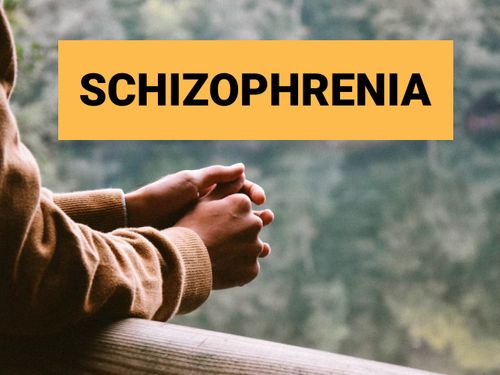Understanding Schizophrenia
Feb 21, 2022 · 2 mins read
0
Share

Schizophrenia was first identified in 1887, but its exact causes are still unknown. It is one of the most misunderstood and stigmatized illnesses today. Anees Bahji, a psychiatrist, investigates its symptoms, causes, and treatments.
Save
Share
Schizophrenia is considered a “syndrome” which means it may encompass a number of similar disorders that have similar symptoms but varying causes. Every person with it has slightly different symptoms.
Save
Share
Diagnosis: Initial symptoms are easy to miss. Patients are diagnosed only at the onset of psychosis or first psychotic episode. It is usually diagnosed in the late teens or early twenties for men, and late twenties and early thirties for women.
Save
Share
Symptoms: First psychotic episode can feature delusions, hallucinations, and disordered speech and behavior. These are the positive symptoms, meaning they occur with people with schizophrenia but not in the general population.
Save
Share
Negative symptoms are the reduced qualities in people with schizophrenia, such as motivation, expression of emotions, or speech.
Cognitive symptoms: Difficulty concentrating, remembering information, and decision making
Save
Share
Misconception: People with schizophrenia have multiple personalities. There is disruption of the thought process which is a symptom of schizophrenia, but that’s not the same thing as a different personality.
Save
Share
Causes: Both genetic and environmental factors can bring about schizophrenia, including genetic links to any psychiatric illness; exposure to certain viruses in infancy; and triggers from consumption of marijuana in highly susceptible individuals.
Save
Share
Treatment: Antipsychotic drugs are used for the treatment of schizophrenia. They target multiple-neurotransmitters like dopamine and serotonin. One of the side effects of drugs can be weight gain.
Save
Share
Other: Cognitive-behavioral therapy can be more effective than drugs. Electroconvulsive therapy is also used, but it provides only short-term relief. Early intervention is important as it gets worse with time if not treated soon.
Save
Share
Final Note: Education and awareness for patients, their families, and communities can help erode the stigma attached to schizophrenia, specifically that it is dangerous or antisocial. A supportive environment can also help sufferers access and benefit from treatment.
Save
Share
0